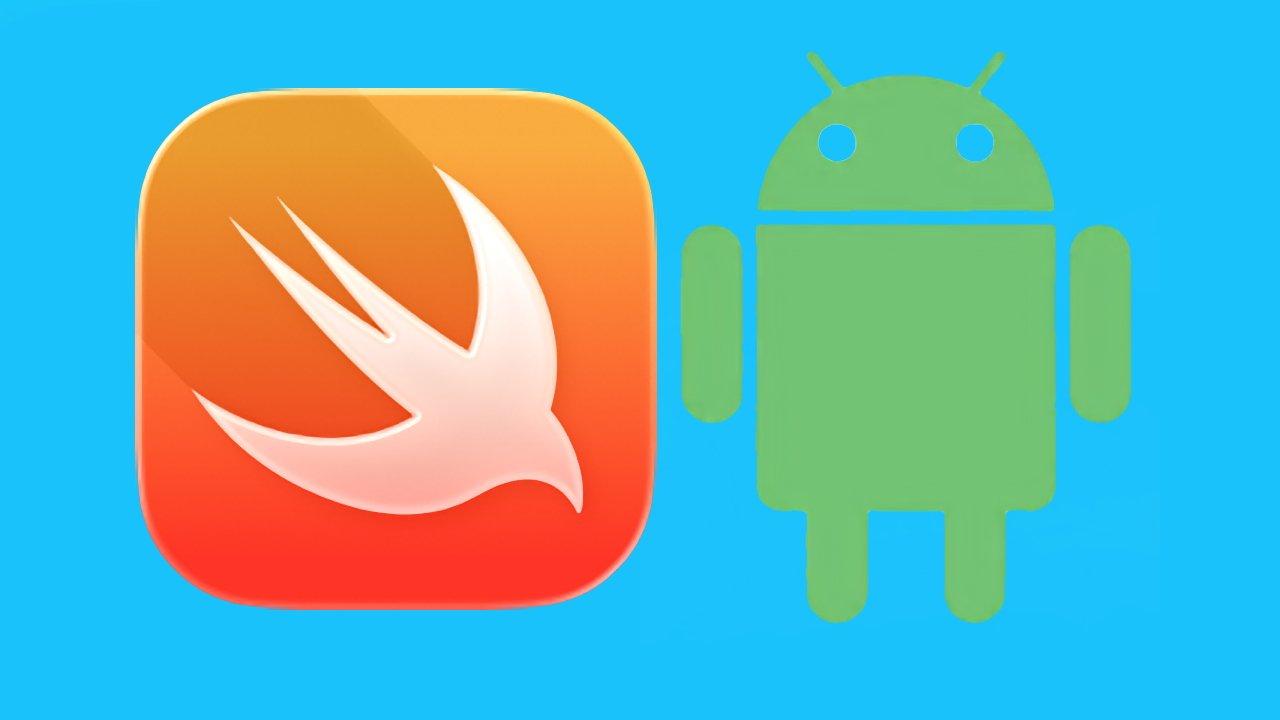In a significant development for the mobile app development community, the independent Android Workgroup has unveiled the Swift Software Development Kit (SDK) for Android. This release enables developers to craft Android applications using Apple’s Swift programming language, marking a pivotal step toward cross-platform development.
The Evolution of Swift
Introduced by Apple in 2014, Swift was designed to streamline iOS app development. Its open-source transition in 2015 broadened its applicability, leading to its adoption across various platforms, including browsers, Windows applications, and cloud services. Swift’s lightweight nature and rapid compilation times have made it a preferred choice over its predecessor, Objective-C.
Bridging Platforms with Swift
The Android Workgroup’s announcement signifies a concerted effort to enhance cross-platform development. By leveraging Swift’s interoperability, developers can now share codebases between iOS and Android applications, reducing redundancy and fostering innovation. The group emphasized that this milestone reflects months of dedicated effort, building upon years of grassroots community initiatives.
The Role of the Android Workgroup
Established in June 2025, the Android Workgroup aims to refine tools that enhance the Android development experience. The introduction of the Swift SDK for Android is a testament to their commitment to providing developers with versatile and efficient resources. This SDK is accessible across multiple operating systems, including macOS, Linux, and Windows, ensuring broad usability.
Implications for Developers
Historically, developing Android applications with Swift was feasible but lacked the seamlessness associated with iOS development. The new SDK simplifies this process, allowing developers to port existing Swift applications to Android with greater ease. This advancement not only streamlines development workflows but also encourages the creation of more consistent and high-quality applications across platforms.
A Decade of Swift’s Growth
Swift’s journey from its inception in 2010 to its public debut in 2014 and subsequent open-source release in 2015 highlights its rapid evolution. The language’s adoption has been bolstered by its performance advantages and Apple’s initiatives to make coding more accessible. Programs like Everyone Can Code have played a pivotal role in promoting Swift among aspiring developers.
Looking Ahead
The integration of Swift into Android development heralds a new era of cross-platform application creation. Developers can now harness Swift’s capabilities to build robust applications for both iOS and Android, fostering a more unified and efficient development landscape.



